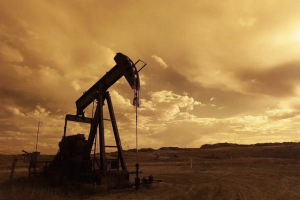 February 26, 2020
by Gabriel Dowdell
Fossil Fuels
Oil and Gas
Regulations
State and Local
Water
February 26, 2020
by Gabriel Dowdell
Fossil Fuels
Oil and Gas
Regulations
State and Local
Water
Should the EPA regulate fracking more heavily? Currently, states that benefit financially from fracking regulate the industry.
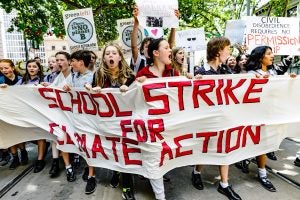 February 10, 2020
by Molly Green
Air
Climate change
Fossil Fuels
Natural Resources
February 10, 2020
by Molly Green
Air
Climate change
Fossil Fuels
Natural Resources
Do children have a right to a government that protects their interest in a sustainable climate? Will Courts give them a chance to voice the urgency of their climate-based claims?
 February 6, 2020
by Weston Coward
Fossil Fuels
Sustainability
February 6, 2020
by Weston Coward
Fossil Fuels
Sustainability
Should Exxon have to pay a carbon tax for its recent methane leak?
 October 21, 2019
by Nick Gill
Energy
Fossil Fuels
Natural Resources
Renewable Energy
October 21, 2019
by Nick Gill
Energy
Fossil Fuels
Natural Resources
Renewable Energy
Although net metering has incentivized residential customers to switch from fossil fuel to solar energy, its pricing model confuses customers and shifts costs, making it untenable in the long-term.
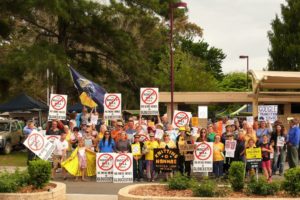 March 22, 2019
by Isabelle Smith
Air
Climate change
Fossil Fuels
International
Litigation
Natural Resources
March 22, 2019
by Isabelle Smith
Air
Climate change
Fossil Fuels
International
Litigation
Natural Resources
As the global community confronts the reality that a rapid reduction in greenhouse gas (GHG) emissions is urgently required, a new class of climate change litigation is emerging. But what impact are these proceedings having?
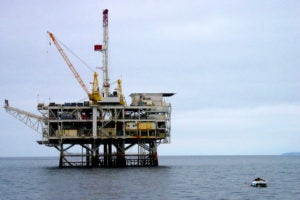 March 1, 2019
by Sara Divett
Energy
Fossil Fuels
Natural Resources
Regulations
March 1, 2019
by Sara Divett
Energy
Fossil Fuels
Natural Resources
Regulations
The Trump administration issued oil and gas drilling permits during the most recent shutdown without approval or appropriations by Congress and without following procedures for public participation. Can the administration really do this? If not, how do environmentalists prevent this from happening in future shutdowns?
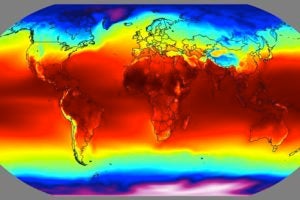 February 28, 2019
by Lynn Phan
Air
Chemicals
Climate change
Fossil Fuels
Litigation
February 28, 2019
by Lynn Phan
Air
Chemicals
Climate change
Fossil Fuels
Litigation
Whenever faced with the decision to declare a “healthful environment” or freedom from harmful contaminants as fundamental rights, federal courts have invariably rejected those claims.
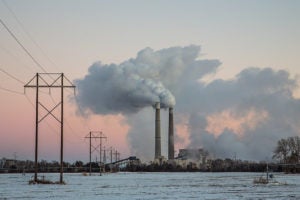 February 21, 2019
by Kathryn Priester
Air
Energy
Federal Rollbacks
Fossil Fuels
Litigation
Regulations
February 21, 2019
by Kathryn Priester
Air
Energy
Federal Rollbacks
Fossil Fuels
Litigation
Regulations
Environmental groups and the State of California are up in arms over an EPA memo scrapping a decades-old Clean Air Act policy. Will the DC Circuit weigh in on the EPA’s use of “guidance” to drastically shift US regulatory policy?
 February 13, 2019
by Robert Adler
Air
Climate change
Energy
Fossil Fuels
Regulations
Renewable Energy
February 13, 2019
by Robert Adler
Air
Climate change
Energy
Fossil Fuels
Regulations
Renewable Energy
While some companies celebrate the EPA’s deregulation efforts, other companies are starting to understand that economic and environmental efficiencies can run hand-in-hand. The Carbon Disclosure Project helps companies see the connection.
 January 24, 2019
by Scott Novak
Climate change
Energy
Fossil Fuels
International
Litigation
Natural Resources
Water
January 24, 2019
by Scott Novak
Climate change
Energy
Fossil Fuels
International
Litigation
Natural Resources
Water
Whereas the Refugee Convention does not provide relief for climate change refugees like Teitiota, the Alien Tort Statute (ATS) might.











